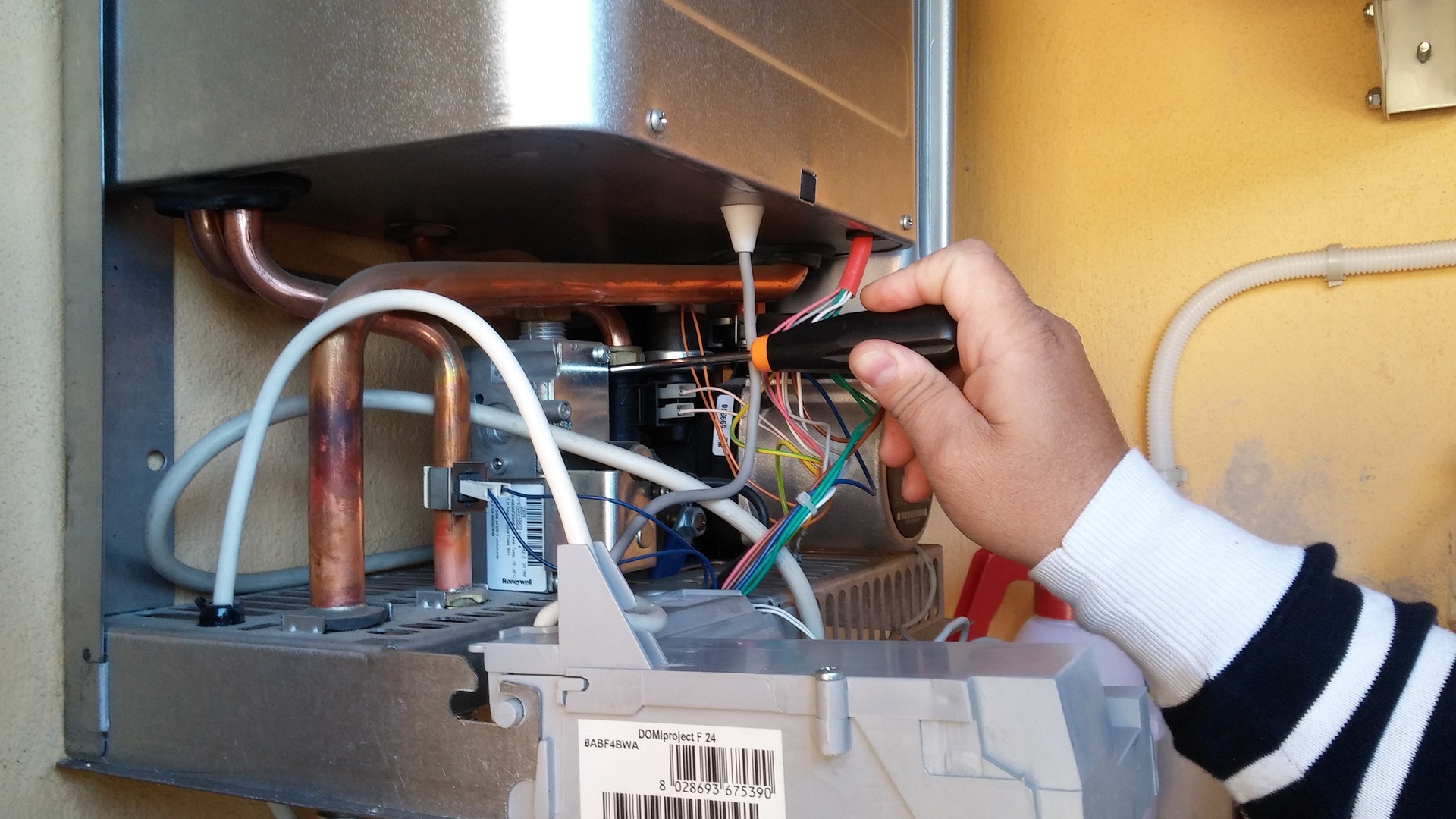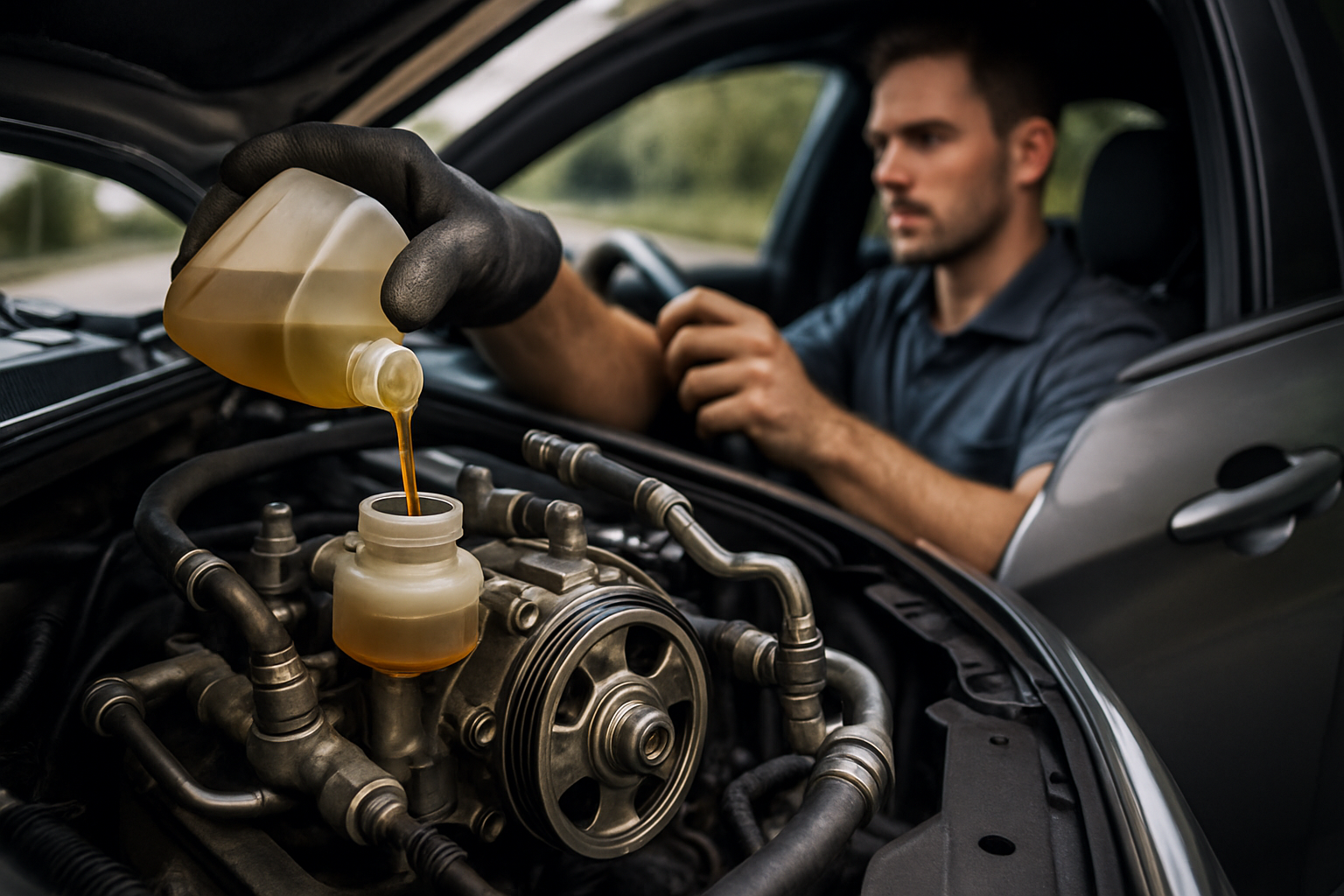Tankless Water Heaters: Enhancing Home Comfort and Convenience
Experience comfort and convenience with tankless water heaters, delivering hot water instantly whenever needed. Compact and energy-efficient, these systems save space, lower utility costs, and provide a reliable water supply for showers, cleaning, and everyday household activities.

How do tankless water heaters enhance home comfort?
Tankless water heaters contribute to home comfort in several ways. First, they provide a continuous supply of hot water, ensuring that you never run out during peak usage times. This means no more cold showers or waiting for the tank to refill and reheat. Additionally, tankless units are compact and can be installed in various locations, freeing up valuable space in your home. Their sleek design allows for more flexible placement options, whether in a closet, under a sink, or on an exterior wall.
Furthermore, tankless water heaters offer precise temperature control, allowing users to set their desired water temperature. This feature not only enhances comfort but also improves safety by reducing the risk of scalding. The ability to maintain a consistent water temperature throughout use contributes to a more enjoyable and comfortable experience when showering, washing dishes, or performing other household tasks that require hot water.
What conveniences do tankless water heaters offer?
Tankless water heaters provide several conveniences that make them an attractive option for homeowners. One of the primary advantages is their on-demand nature. Unlike traditional tank-style heaters that constantly heat and reheat stored water, tankless units only operate when hot water is needed. This results in lower energy consumption and reduced utility bills, as you’re not paying to keep a large volume of water hot 24/7.
Another convenience is the extended lifespan of tankless water heaters. These units typically last longer than conventional tank-style heaters, with some models lasting up to 20 years or more with proper maintenance. This longevity means fewer replacements and less hassle for homeowners in the long run. Additionally, many tankless water heaters come with advanced features such as remote controls, smartphone apps, and self-diagnostic capabilities, making it easier to monitor and adjust settings for optimal performance.
How do tankless heaters ensure reliable hot water supply?
Tankless water heaters are designed to provide a reliable and consistent supply of hot water. Unlike traditional tank heaters that can run out of hot water during periods of high demand, tankless units heat water as it passes through, ensuring a continuous flow. This means you can enjoy back-to-back showers or run multiple hot water appliances simultaneously without worrying about depleting your hot water supply.
The reliability of tankless heaters is further enhanced by their ability to maintain a consistent water temperature. Advanced models use sophisticated sensors and controls to adjust the heating elements in real-time, compensating for variations in water pressure and incoming water temperature. This results in a stable and comfortable hot water experience throughout use.
What are the energy efficiency benefits of tankless water heaters?
Tankless water heaters are known for their energy efficiency, which can lead to significant cost savings over time. By heating water only when needed, these units eliminate standby energy losses associated with storage tank heaters. This on-demand operation can result in energy savings of up to 30-50% compared to conventional tank-style heaters, depending on household hot water usage patterns.
The energy efficiency of tankless water heaters is particularly beneficial for homes with lower hot water demands or for those looking to reduce their environmental footprint. Additionally, many tankless models are eligible for energy efficiency rebates and tax credits, further offsetting the initial investment cost.
Are there any limitations to consider with tankless water heaters?
While tankless water heaters offer numerous benefits, it’s important to consider potential limitations. One consideration is the initial cost, which is typically higher than traditional tank-style heaters. However, this upfront investment is often offset by long-term energy savings and the extended lifespan of the unit.
Another factor to consider is the potential need for a larger gas line or electrical service upgrade to accommodate the higher power requirements of tankless units. This may add to the installation cost, particularly in older homes. Additionally, in areas with hard water, tankless heaters may require more frequent maintenance to prevent mineral buildup that can affect performance.
How do tankless water heaters compare to traditional tank models?
When comparing tankless water heaters to traditional tank models, several factors come into play. The following table provides an overview of key differences:
| Feature | Tankless Water Heater | Traditional Tank Water Heater |
|---|---|---|
| Hot Water Supply | Continuous, on-demand | Limited by tank capacity |
| Energy Efficiency | High, no standby losses | Lower, constant heating of stored water |
| Lifespan | 20+ years | 10-15 years |
| Space Requirements | Compact, wall-mounted | Large, floor-standing tank |
| Initial Cost | Higher | Lower |
| Operating Cost | Lower over time | Higher due to constant heating |
| Maintenance | Annual flushing recommended | Minimal, occasional anode rod replacement |
| Flow Rate | Limited by unit capacity | High, determined by tank size |
Prices, rates, or cost estimates mentioned in this article are based on the latest available information but may change over time. Independent research is advised before making financial decisions.
In conclusion, tankless water heaters offer significant advantages in terms of home comfort, convenience, and reliable hot water supply. Their energy efficiency, space-saving design, and long lifespan make them an attractive option for many homeowners. While the initial investment may be higher, the potential for long-term savings and improved performance can make tankless water heaters a worthwhile consideration for those looking to upgrade their home’s hot water system.




